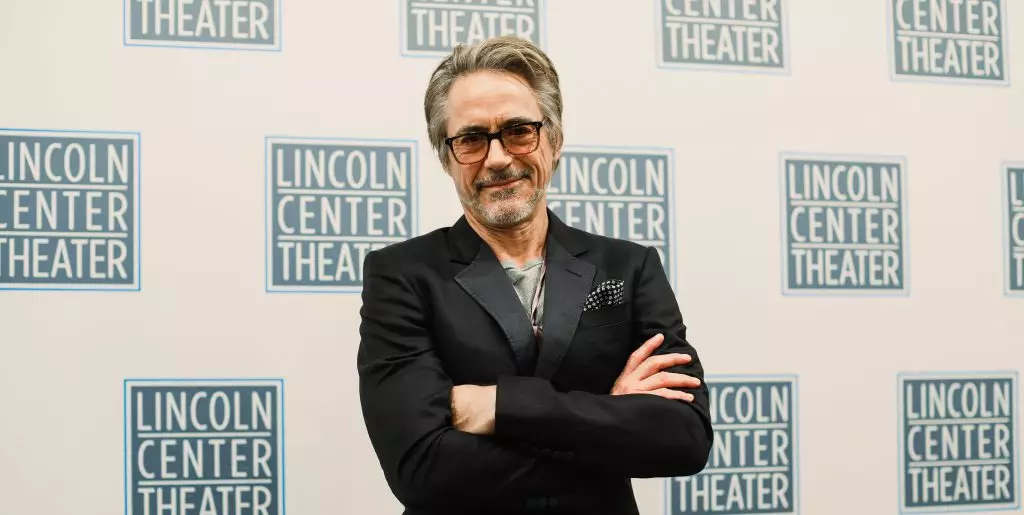The advent of generative artificial intelligence has sparked an intense debate across various industries, but few discussions have been as poignant as those involving celebrities and their digital personas. Recently, Robert Downey Jr., the esteemed actor known for his iconic role as Tony Stark in the Marvel Cinematic Universe (MCU), shared compelling thoughts on this topic, voicing his concerns about the potential misuse of AI technology to recreate his likeness. This article delves into Downey’s perspective, his warnings to industry leaders, and the broader implications for the intersection of creativity, ethics, and technology.
Downey’s Candid Reflections on AI and Personal Emotion
In a recent episode of the podcast *On With Kara Swisher*, Downey candidly expressed his views on the burgeoning realm of deepfake technology and digital recreations. The actor admitted that the emotional complexities of his life leave little room for dwelling on such technical advancements. He remarked, “How do I feel about everything that’s going on? I feel about it minimally because I have an actual emotional life that’s occurring.” This statement reflects the struggle many individuals face in an era inundated with digital innovation—separating personal experiences from technological distractions.
His confidence in the current decision-makers at Marvel serves as a reassurance to his fans; Downey believes that they would not exploit his character’s legacy. He provided a salient critique of the industry’s potential future trajectories, humorously claiming that he would “sue all future executives just on spec.” While this statement was laced with humor, it raises a vital point about the looming ethical considerations surrounding the use of celebrity likenesses without consent.
Downey’s legal jest highlights a real concern rooted in the intersection of technology and ethics: the question of consent. As deepfake technology becomes more sophisticated, the potential for its misuse escalates, leading to scenarios where celebrity likenesses can be hijacked without their permission. The notion of suing future executives underscores the necessity of establishing clear ethical frameworks in an industry that often prioritizes profit over moral considerations.
Moreover, Downey’s remarks during the podcast hint at a broader existential concern over identity and authenticity in the age of AI. He suggests that creators not only consider the technical aspects of their work but also the moral compass guiding their decisions. This perspective challenges other stakeholders in the industry, including filmmakers and content creators, to reconsider their approach to AI technology and identify the genuine motivations behind its deployment.
Despite his apprehensions regarding AI, Downey remains engaged with the technology sector—his investments in AI firms illustrate a nuanced stance. “It always comes down again to not the technology or the opportunity to line my pockets as much as, ‘Who are the people involved with this?'” he stated. This level of scrutiny emphasizes the notion that technology, while powerful, is inherently neutral; it is the intention behind its use that matters.
In this context, Downey is not entirely against AI but rather advocates for a more conscious engagement with it. His assessment poses an imperative question: can emerging technologies be harnessed for constructive purposes while also preserving human creativity and individuality?
As Downey’s career flourishes amidst these escalated discussions around AI, his willingness to leverage his platform to voice concerns resonates with a growing demographic of celebrities grappling with similar dilemmas. His insights serve as a call to action for industry leaders to establish ethical guidelines, considering not only technological advancements but also the cultural implications of their choices.
Whether exploring uncharted territories in theater, as seen in his lead role in *McNeal*, or contemplating the future of his digital likeness, Downey reinforces the need for a balanced approach to AI—one that respects personal identity while embracing the transformative potential of technology. The future of AI and celebrity representation may be fraught with challenges, but with critical voices like Downey’s leading the charge, there is hope for a more thoughtful engagement with these emerging technologies.

Leave a Reply